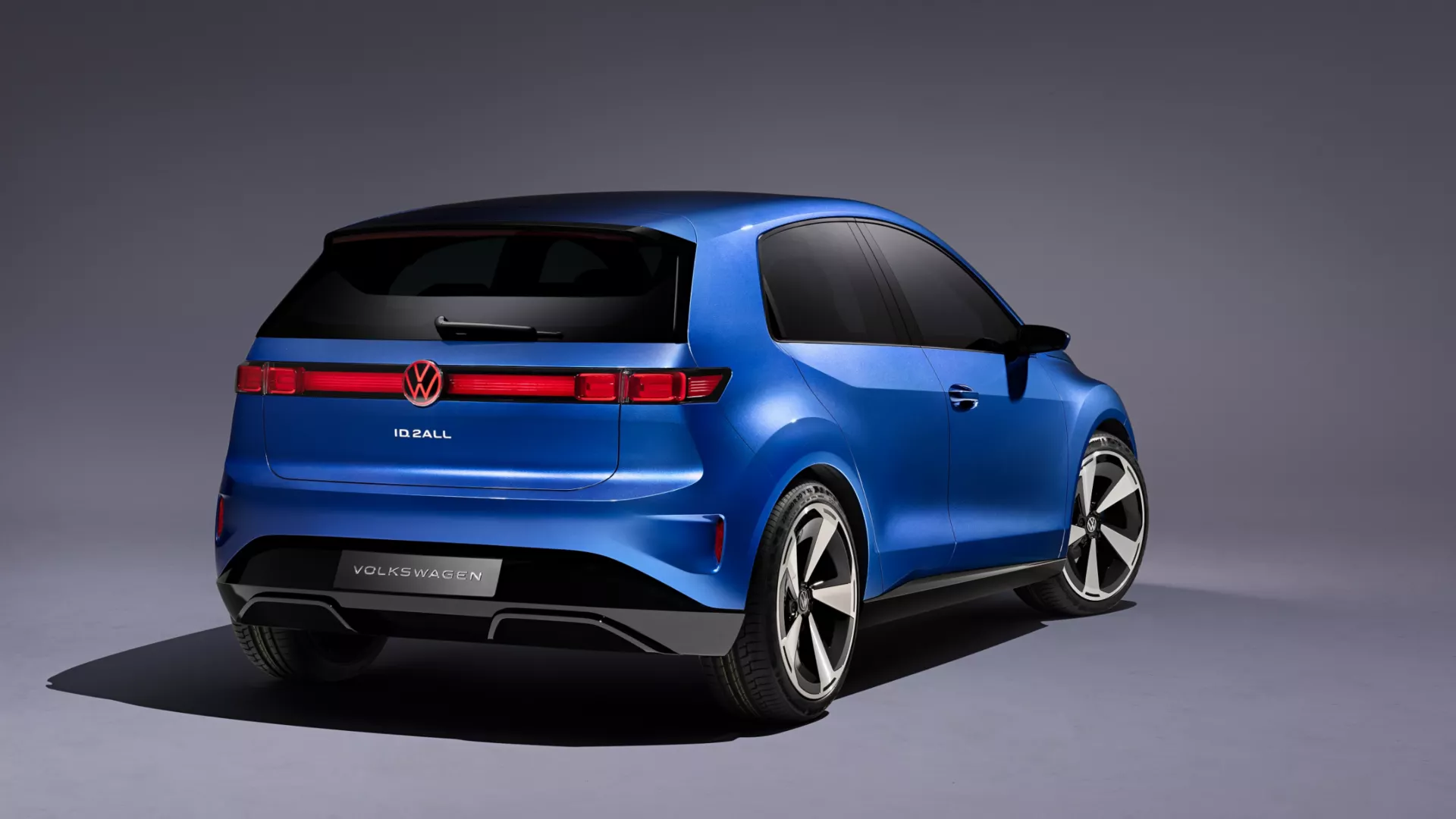Rivervale Blog
Loading...

Volkswagen ID.2: The Future of Compact Electric Mobility

We value your privacy
We use cookies to make our site work as well as possible and improve our services. By clicking Accept All', you consent to our use of cookies.